Where does Rishi Sunak’s new Cabinet stand on LGBTQ+ rights?
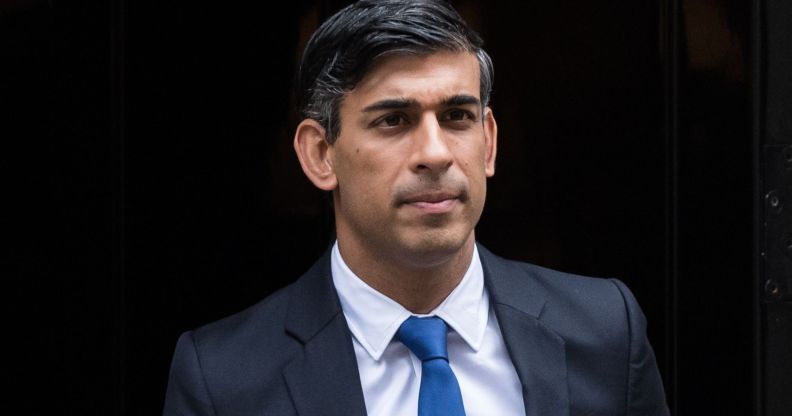
Rishi Sunak. (Getty)
Rishi Sunak’s Cabinet reshuffle is all about “strengthening” his team – but what does it mean for LGBTQ+ rights?
One of the first major casualties of Sunak’s reshuffle is Suella Braverman. She was sacked as home secretary on Monday morning (13 November) after a series of controversial blunders.
Her sacking can only be seen as a good thing for LGBTQ+ people across the UK. During her time in the Home Office, she has firmly positioned herself as one of the government’s most vocally anti-trans, anti-migrant and anti-LGBTQ+ figures.
But Braverman’s sacking will only yield positive results for LGBTQ+ people if those who replace her represent a significant shift.
As Rishi Sunak’s Cabinet announcements roll in, we take a look at their track records on LGBTQ+ rights, from comments they’ve made about trans issues to their voting histories.
James Cleverly, home secretary
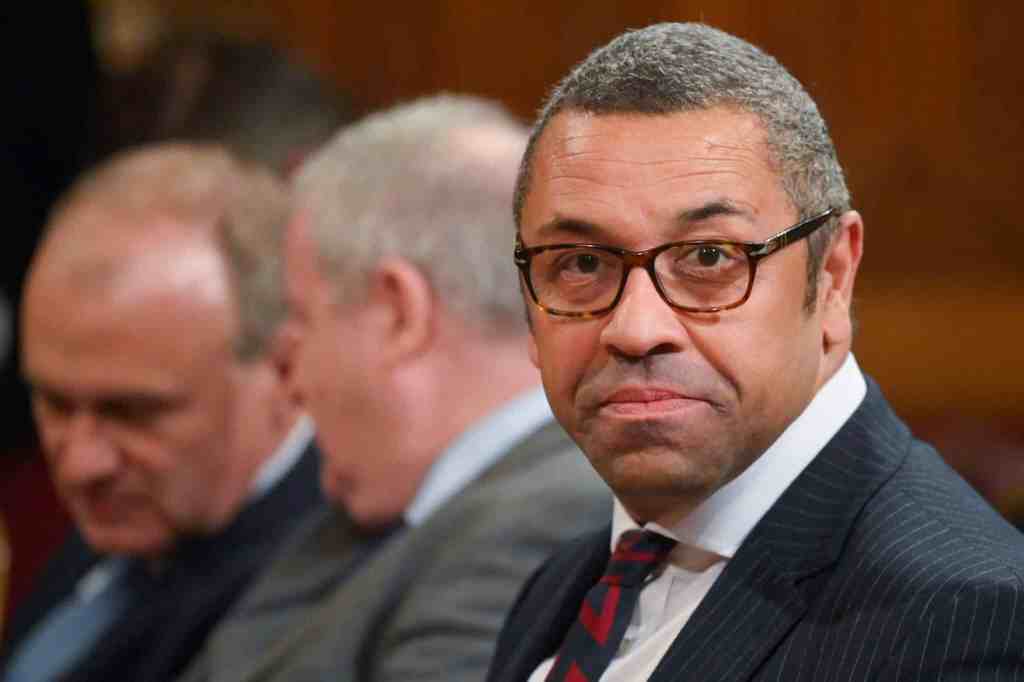
Taking over as home secretary from Suella Braverman is James Cleverly, who formerly served as foreign secretary.
While Cleverly has never voted on same-sex marriage, he expressed his support for equality in a blog post first published in 2005 titled “I like marriage”.
“Gay ‘marriage’ takes nothing away from heterosexual marriage and while there will be some civil partnerships which are done for the wrong reasons the same can be said of straight marriage. Best of luck I say,” he wrote.
He has also expressed support for LGBTQ+ inclusive education and for LGBTQ+ people in the military – but he did face some criticism when he said gay football fans would have to be “respectful” when travelling to Qatar for the World Cup.
Even so, he’s an obvious step up from Suella Braverman.
David Cameron, foreign secretary
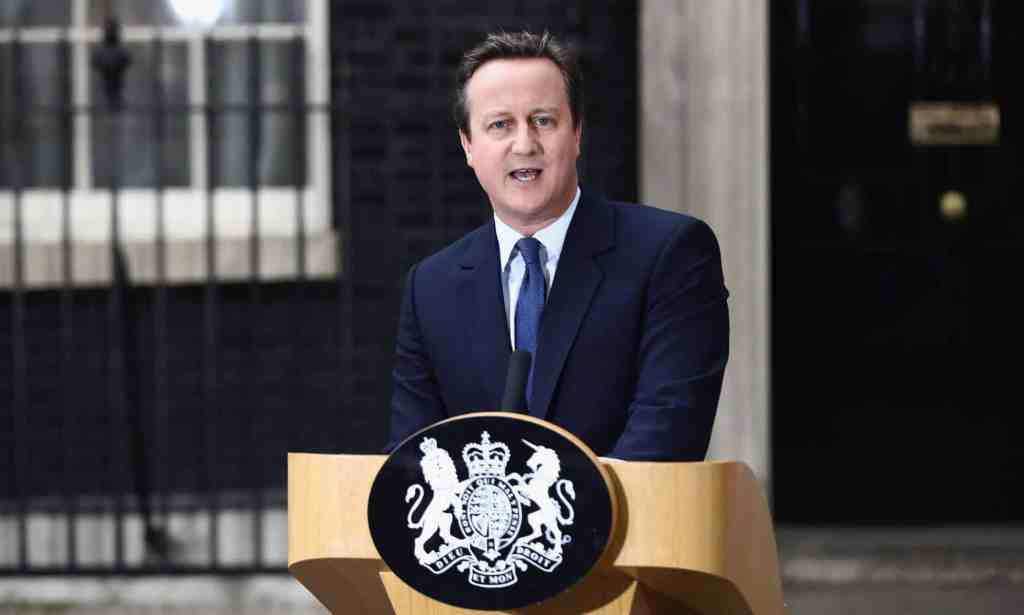
Here’s one nobody saw coming – David Cameron is set to make his political comeback after Rishi Sunak appointed him foreign secretary in his Cabinet reshuffle.
As a former prime minister, Cameron has a long voting record on LGBTQ+ rights. He voted in favour of civil partnerships in 2004 and in favour of the Equality Act in 2007, and later voted in favour of same-sex marriage.
Of course, most people will remember Cameron as the prime minister who led the UK through the Brexit vote and immediately resigned. Many would have assumed he would never hold a Cabinet position again, but Sunak has now brought him back into the mix.
Since he resigned as an MP, Cameron has been less vocal on LGBTQ+ rights, so it remains unclear if his views have shifted in the years since he was last in the political limelight.
Needless to say, Cameron’s appointment is already garnering plenty of criticism. Labour’s David Lammy described it as a “last gasp act of desperation” and characterised Cameron as an “unelected failure from the past”.
Cameron has not been an MP since 2016, but he can serve as a minister once more thanks to his appointment to the House of Lords as a life peer.
Steve Barclay, environment secretary
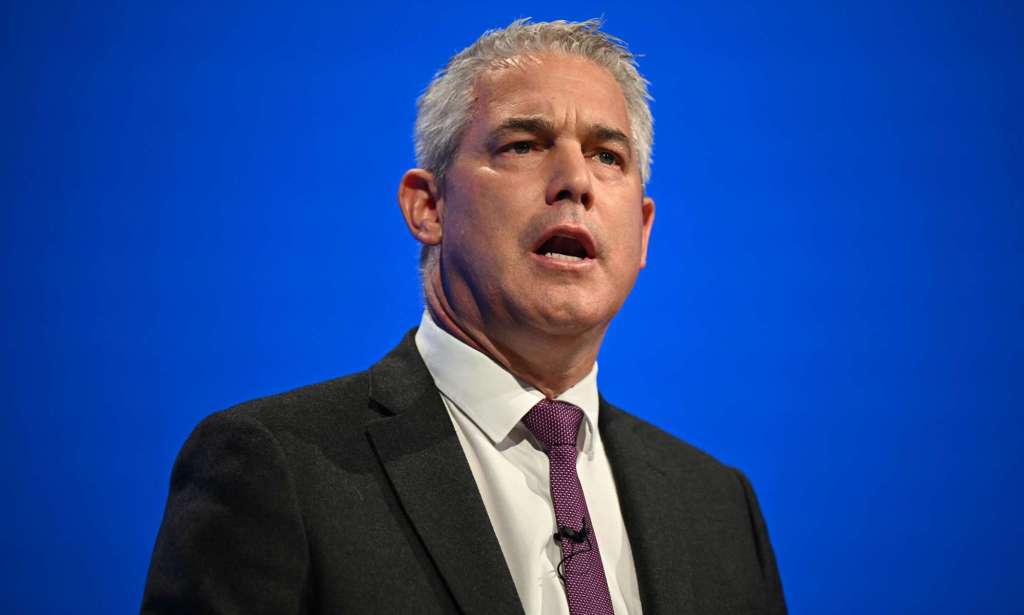
Steve Barclay has been moved to the environment portfolio from health, where he takes over from Thérèse Coffey just hours after she announced her plans to “step back from government”.
For LGBTQ+ voters, there will likely be some relief to see him moved from health given some of his recent comments about trans patients.
In a speech at the Conservative Party conference in October, Barclay spoke out about his plans to introduce “sex-specific” language throughout the health service when referring to treatments and advice for menopause and some types of cancer.
In the same speech, he announced plans to ban trans people from single-sex wards.
Barclay hasn’t always been so clearly opposed to LGBTQ+ rights. He voted in favour of same-sex marriage back in 2013, but he was absent from a vote on introducing same-sex marriage to Northern Ireland in 2019.
Richard Holden, Conservative Party chair
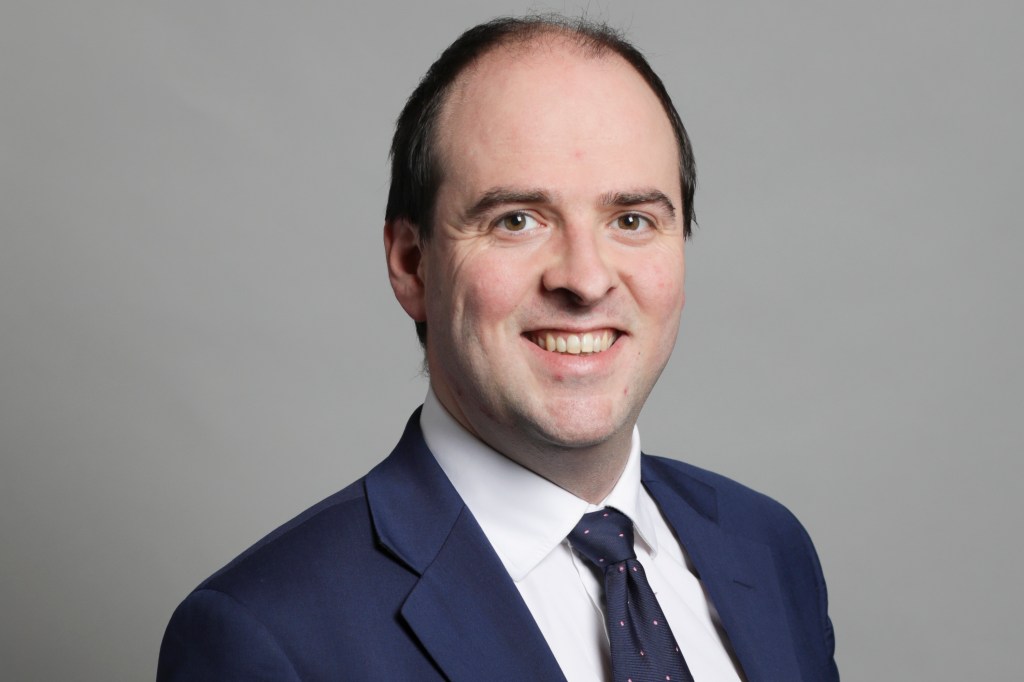
Richard Holden is a more recent addition to the Conservative Party, having been first elected as an MP in 2019. Four years on, he’s a minister without portfolio and chair of the party.
There’s not much to be said about Holden’s record on LGBTQ+ rights – he was elected after all the major votes on same-sex marriage, and he has never voiced support or opposition to LGBTQ+ rights on social media.
Victoria Atkins, health secretary

Incoming health secretary Victoria Atkins takes over in a department where anti-trans policies are already on the table – and there likely won’t be much of a shift under her leadership.
In 2018, Atkins – who was then minister for women – was criticised when she called for “caution” before treating young transgender people in an interview with The Telegraph.
“The treatments are so serious and life-changing. I’m a little cautious of the use of those treatments because of the potential for the rest of their lives,” she said.
It remains to be seen whether Atkins will continue down the path paved by Barclay, who wanted to ban trans people from being cared for on single-sex wards before he was moved to the environment portfolio.
Laura Trott, chief secretary to the treasury

Like Holden, Laura Trott is a relative newcomer to the Conservative Party – she too was first elected in 2019.
During her short time as an MP, she too has made little comment on LGBTQ+ rights. Her appointment is unlikely to affect the trajectory of LGBTQ+ rights in the UK.
This is a developing story and will be updated as Cabinet announcements roll in.
How did this story make you feel?

